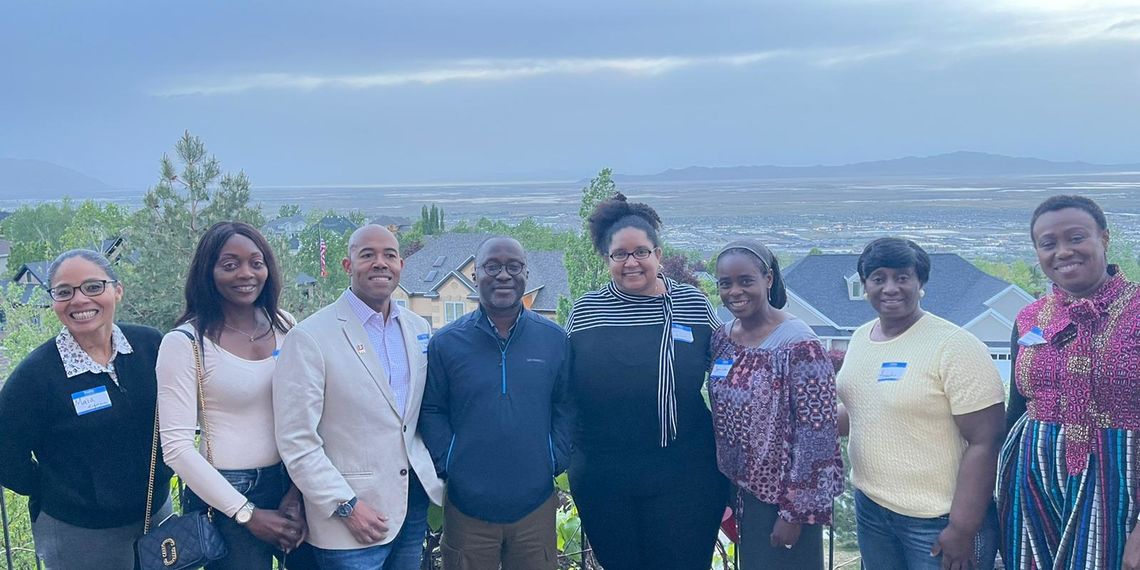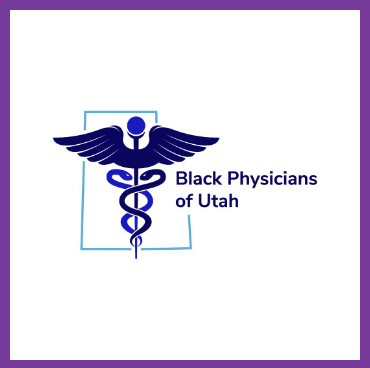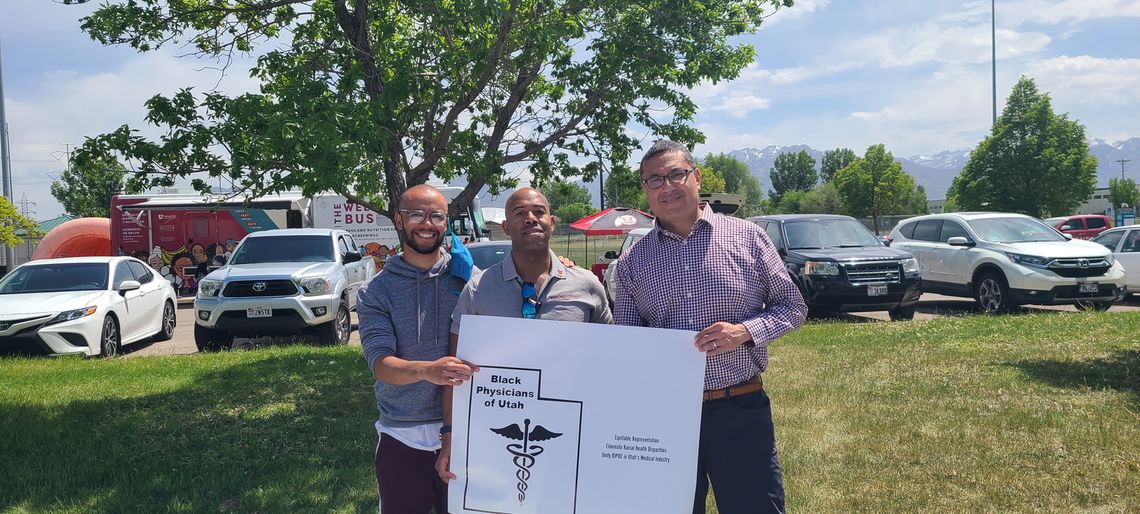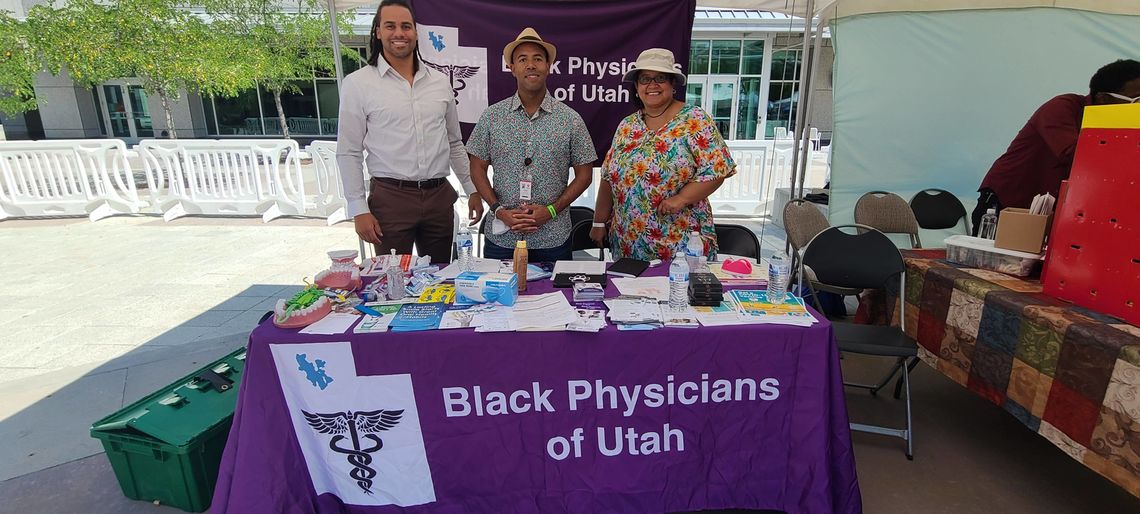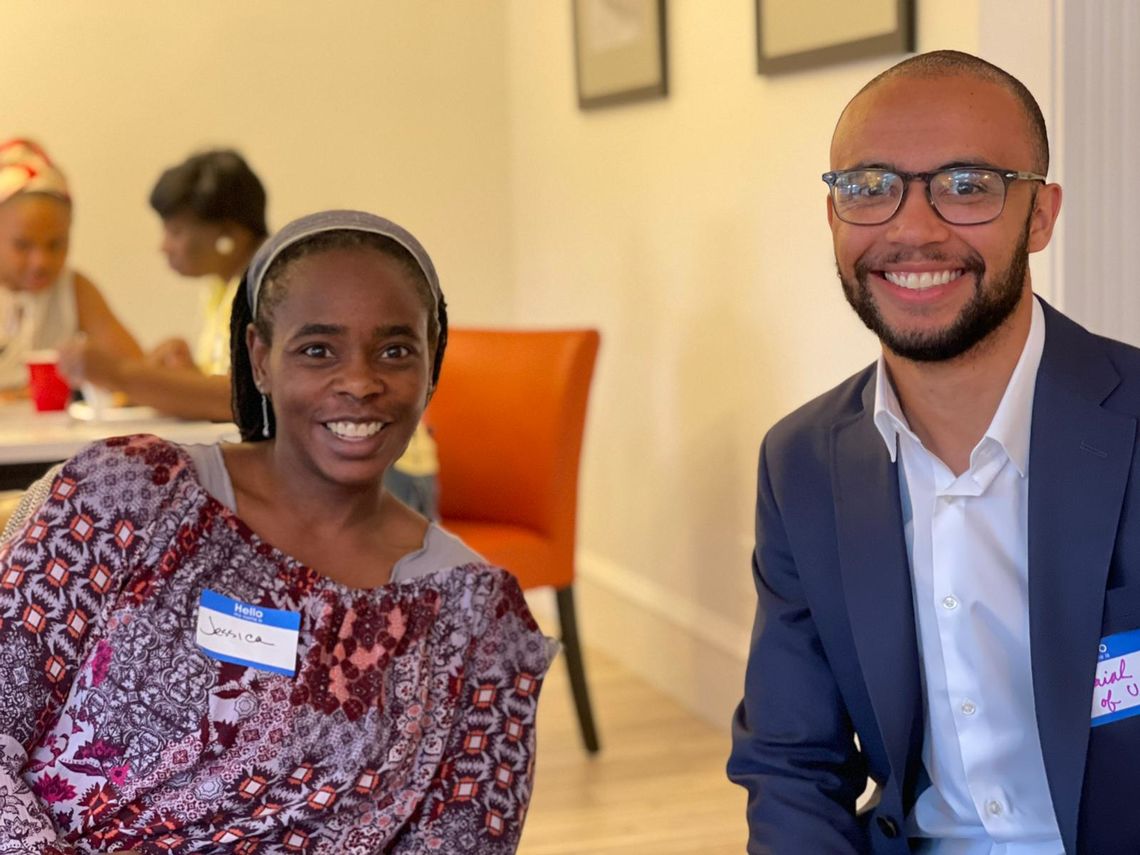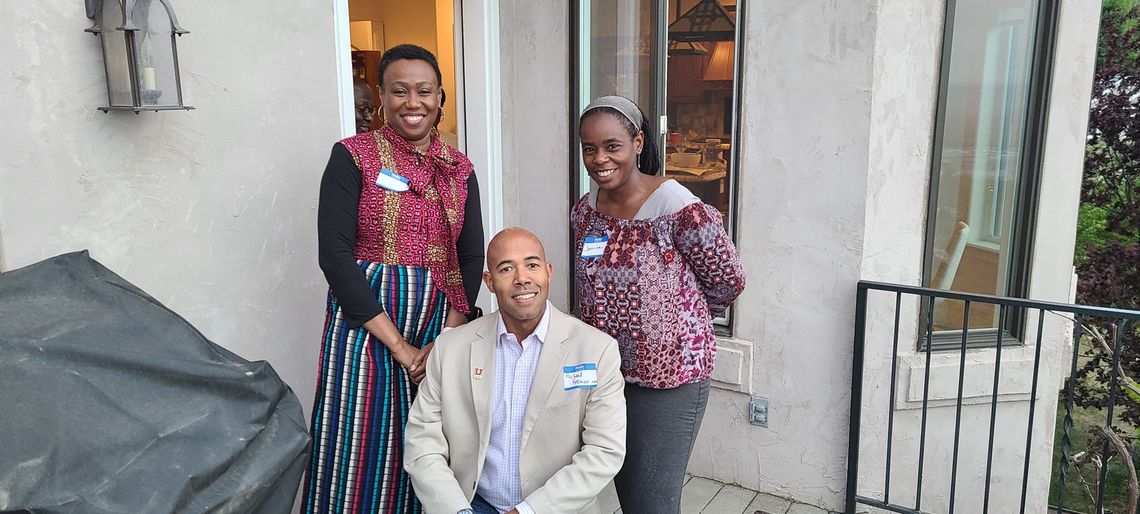health care, there are gaps between who our physicians are and the communities they serve. Within Utah, and across the U.S., many African Americans and Black people don’t trust the health care system. There is a documented history of abuse, mistreatment, and racism within the health profession that has justifiably led to this mistrust.
Black Physicians of Utah is a non-profit organization working to increase the number of Black physicians in the state through retention and recruitment. By working toward and meeting the organization's goal, we can increase equitable representation in the medical profession, and help work to eliminate racial health disparities. Utah is growing more diverse; to deliver the best care for all communities, our medical professionals must become more diverse as well.
The importance of representation in building trust
Having a resource of trusted Black physicians in the community gives Black citizens someone to turn to for health advice. They may feel more comfortable sharing their health issues, needs, and fears with doctors of similar backgrounds and ethnicity. While they might not trust information they receive from the CDC or the government, they can trust their doctor who has been in their shoes. We can build a directory of Black medical professionals, from midwives to dentists, to make it easy for people to find someone they trust to provide care.
We know this is an important part of consistent care; when you trust your physician, you are more likely to seek care when you need it and more likely to follow your doctor’s advice.
Research has also shown that people of color receive higher quality care when they get it from people of a similar culture or ethnicity.
The Goals of Black Physicians of Utah
Represented and connected
In our organization, we are we working to build a community of Black physicians, residents, interns, medical students, and aspiring physicians. This social network will provide connection and support needed to help all Black physicians succeed in our state.
Community to build belonging
Creating a community of fellowship can also help more Black physicians remain in the state. Currently, many Black health professionals may feel like they don’t belong. They might not interact with any other people of color during the work day. By creating a greater sense of community among Black health professionals, we can help these talented physicians stay in the state.
Investing in the future
We are also working to recruit more Black students into the medical field. Our mentorship program is focused on undergraduates as well as medical students. However, currently there are less than two dozen Black medical students in Utah. The program will also help us to influence students in undergraduate years when they are still deciding on their future career paths.
We are working to connect with Black student unions at University of Utah, Weber State, Brigham Young University, and other colleges in the state to get in front of students either virtually or in person. We need to show young Black students they have options in the medical field, specifically that pre-med is a path for them and we can and want to help. For instance, we are working to create a scholarship for MCAT prep courses and MCAT registration. We are also pairing them with board-certified Black physicians in the state so they can learn more about medicine and the pathway to becoming a physician.
These efforts support our goal of increasing the number of Black physicians in Utah. By coming together, we can show other Black physicians that we need them—and want them—in our state.
Join the community
Ultimately, our goal is to improve health equity within the state. If you are a Black student or Black physician in Utah, consider joining our organization and visit our website. We offer easy access to socialization, mentorship, and fellowship, without dues or fees.
This is an opportunity to positively change the lives of other health professionals and Black people in Utah and become involved. If you are ready to join us, we are here to provide you support and community.
*Originally published September 2021.
Richard Ferguson
Well-being specialist Trinh Mai started BIPOC (Black, Indigenous, People of color) Check-in & Support via Zoom as a place to grieve and honor George Floyd and process ongoing racism. This is a space for employees at the U who self-identify as BIPOC to experience community, share struggles and solutions, and celebrate being who they are. Trinh and some members of the check in group share how the group started, how it has evolved and its lasting impacts.
Director of community engagement RyLee Curtis shares how we’re partnering with communities to build a new learning and health campus, and what we can apply now, even before construction starts
Community health workers Kamaile Tripp-Harris and Princess Bombyck and medical students Wesley Allen and Silvia Soule share their event's impact on the community, how medical students and community health workers were involved, and how a coalition came together to serve their community.
